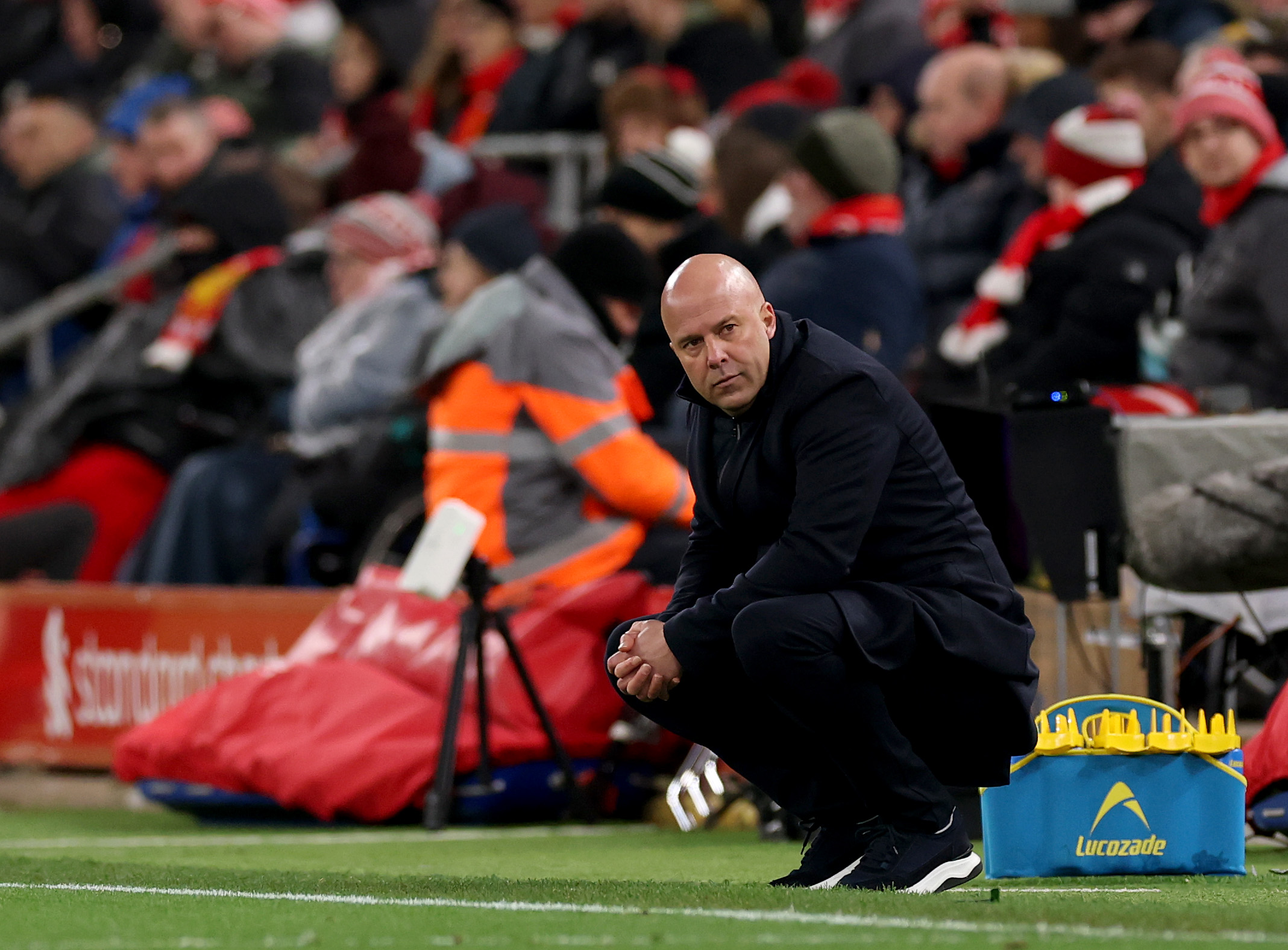The England players cut from every World Cup squad

England players cut from World Cup squad
England released their 23-man squad for the 2018 World Cup on Wednesday, with Jack Wilshere, Adam Lallana, Jonjo Shelvey, Joe Hart and Ryan Bertrand all missing out.
In this slideshow, we take a look at some of the other players who missed out on a place in the Three Lions' travelling party for previous editions of the tournament.
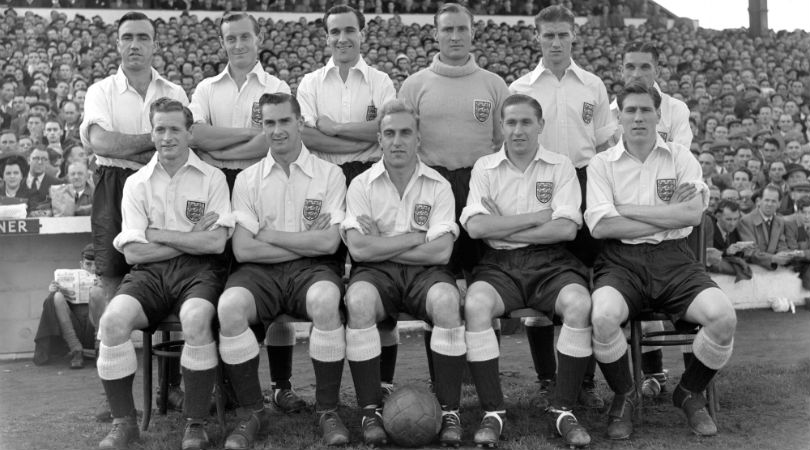
1950 - Len Shackleton
Shackleton wasn’t backwards in coming forward: his autobiography The Clown Prince of Soccer included a chapter called 'The Average Director’s Knowledge of Football', which was a blank page.
The inside-forward's penchant for controversy didn't help his international prospects, with one England selector declaring: "we play at Wembley, not the London Palladium." Included in his country's preliminary squad for the 1950 World Cup, Shackleton was one of seven names cut as the group was trimmed from 28 to 21.
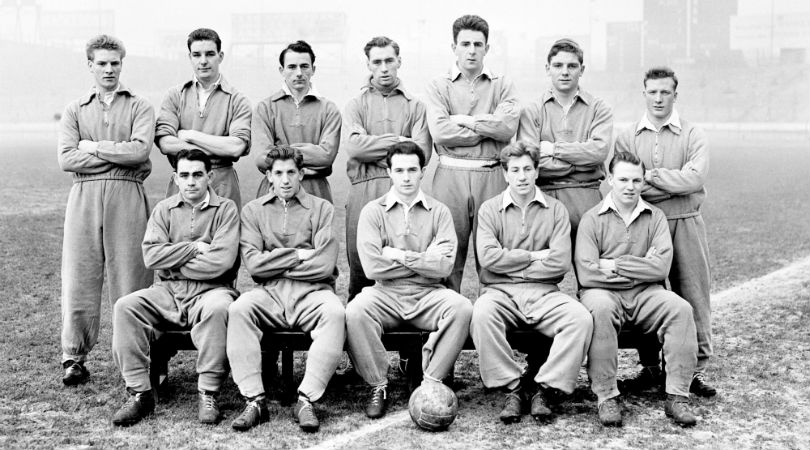
1954 - Duncan Edwards
Ahead of the 1954 World Cup, FIFA decreed that participants must name a preliminary squad of 40 players before whittling it down to 22, something that remained protocol until the 1986 edition.
England's first longlist included Manchester United starlet Duncan Edwards, who had become the club’s youngest ever player when he made his debut against Cardiff in April 1953. He later became England's youngest ever player too, but the 1954 World Cup came too soon for the left half.
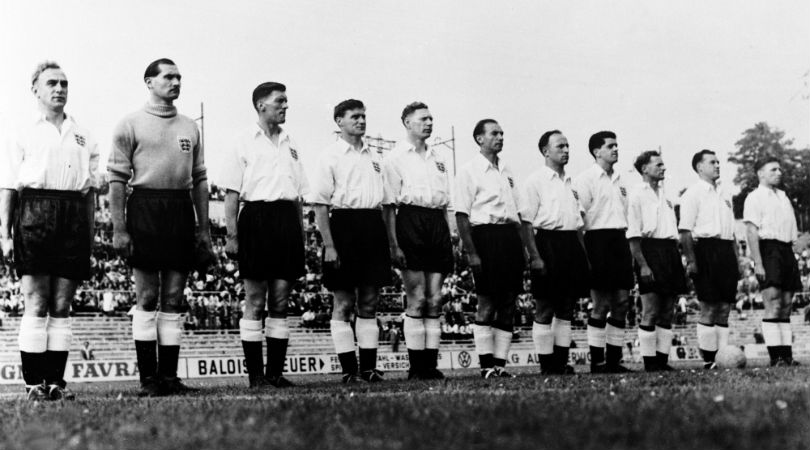
1958 - Nat Lofthouse
In the post-war years, Bolton's Lofthouse was the most prolific of a cadre of English forwards with an eye for goal, with Jackie Milburn, Dennis Wilshaw, Wilf Manion and Stan Mortensen among those battling for a place in England's frontline.
Lofthouse captained his club to FA Cup glory in 1958, but that wasn't enough to earn him a place in the squad that travelled to Sweden despite his inclusion on the initial 40-man list.
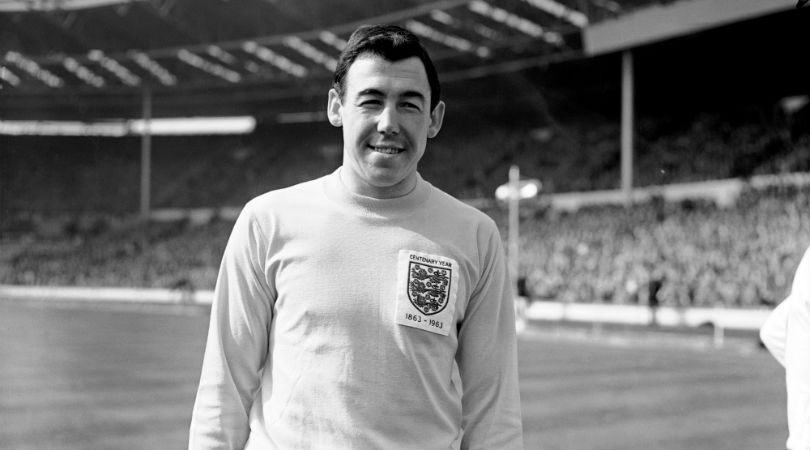
1962 - Gordon Banks
Arguably England's greatest goalkeeper of all time, Banks had to wait until the 1966 tournament on home soil for his first taste of World Cup action. The then-21-year-old was named on Walter Winterbottom's 40-man longlist four years previously, only to be discarded when the squad was whittled down.
Among those who also missed out in 1962 were Shay Brennan, who promptly switched allegiance to the Republic of Ireland, and Tony Kay, who was later sentenced to four months' imprisonment for a conspiracy to defraud.
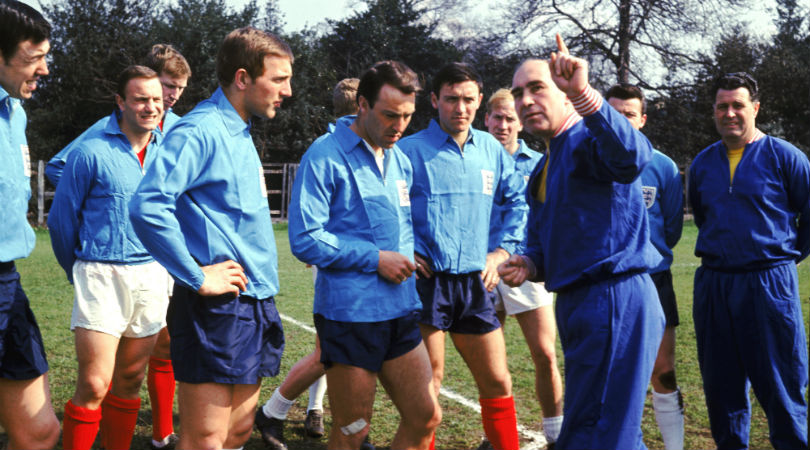
1966 - Bobby Tambling
Alf Ramsey named his 40-man provisional list two months ahead of the 1966 tournament in the hope it would aid England’s preparation for the World Cup on home soil. Chelsea were the main victims when it came to chopping the squad, with no fewer than six Blues - Tambling, Peter Osgood, Terry Venables, Barry Bridges, John Hollins, and Marvin Hinton - missing out.
Peter Bonetti, England's back-up goalkeeper, was the only survivor from Stamford Bridge, despite the fact striker Tambling had scored 23 goals in all competitions in 1965/66.
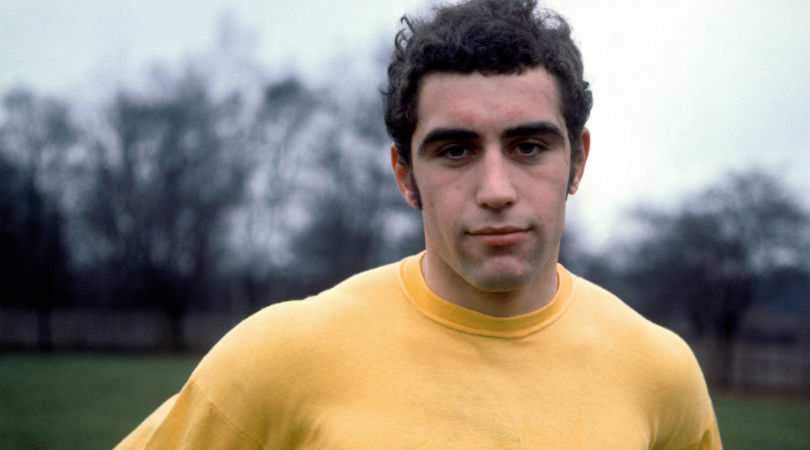
1970 - Peter Shilton
Alf Ramsey named a 28-man provisional squad as early as March 25 as he set about masterminding England's defence of the World Cup. Twelve players were named as standbys and given full medicals and vaccinations in case they were called upon at the last minute, but none of the dozen were required in the end.
A further six names - including Leicester goalkeeper Shilton - were trimmed from the group before the Three Lions' plane set off for Mexico. The shot-stopper would go on to make more World Cup appearances (17) than any other Englishman, a record he still holds to this day.
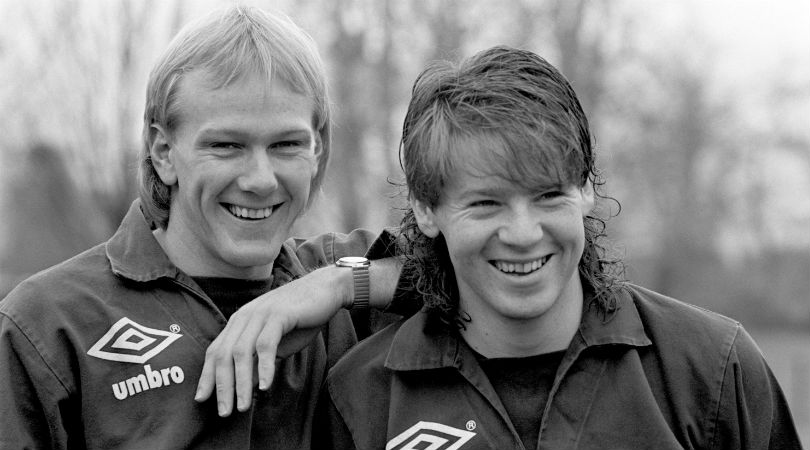
1982 - Gary Bailey
England failed to qualify for the 1974 and 1978 tournaments, so their next World Cup appearance came in 1982. Manager Ron Greenwood was faced with several tough choices in Spain - not least in goal, where he ultimately chose to alternate between Ray Clemence and Peter Shilton.
That's not to say Greenwood was afraid of making big decisions, though: before the competition began, he left out Bailey - another goalkeeper - entirely. The Manchester United glovesman had to watch on from his sofa as England were knocked out at the second group stage.
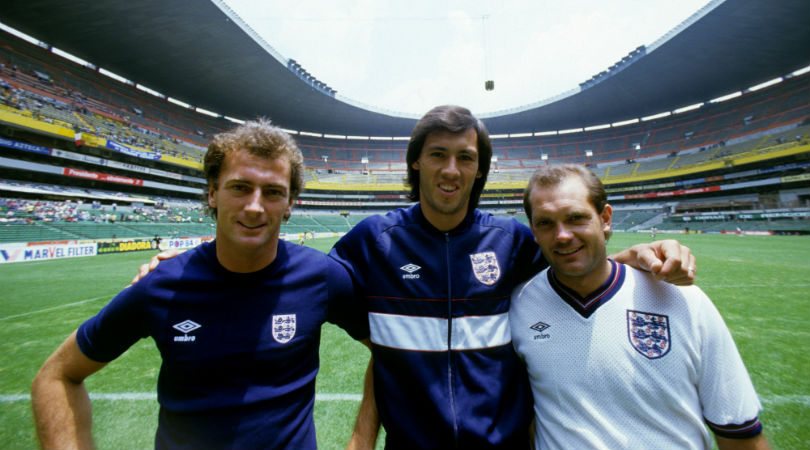
1986 - Trevor Francis
FIFA had abolished their 40-man preliminary squad ruling by the time of the 1986 World Cup, so new boss Bobby Robson named a 22-player party and six additional standbys for the tournament in Mexico.
Among the reserves was Francis, who had finished as his country's top scorer at the 1982 World Cup. The former Nottingham Forest forward had thrived overseas at Sampdoria, but Robson considered the 32-year-old to be past his best and duly omitted him from the squad.
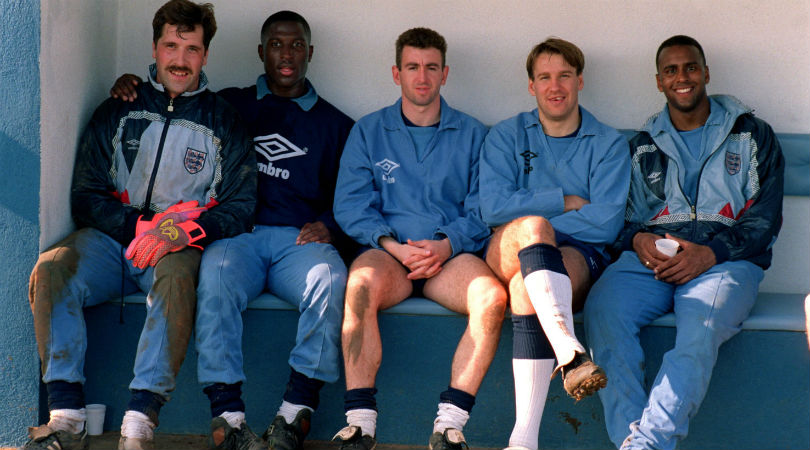
1990 - David Seaman
Italia ’90 came slap bang in the middle of two First Division title triumphs for George Graham’s Arsenal, and Bobby Robson’s preliminary 26-man squad reflected the Gunners’ domestic supremacy.
Tony Adams, David Rocastle, Alan Smith and Seaman all featured, but the latter - a new recruit from QPR - was dropped after sustaining a thumb injury. Seaman went on to establish himself as England's No.1 for many years to come, but Peter Shilton, Chris Woods and Dave Beasant were the three goalkeepers called upon in 1990.
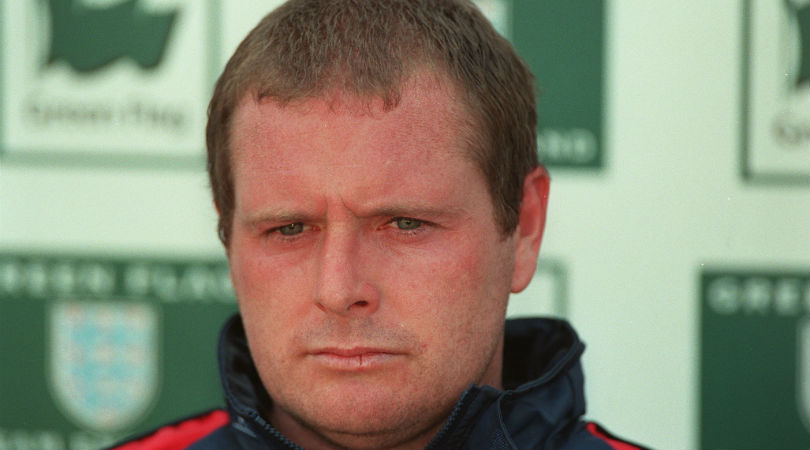
1998 - Paul Gascoigne
England manager Glenn Hoddle's selection decisions ahead of the 1998 World Cup were made easier by injuries to Ian Wright, Jamie Redknapp and Andy Hinchcliffe, but he still had to tell five of his 30-man provisional squad that they wouldn't be involved in France.
Dion Dublin, Nicky Butt, Ian Walker and Phil Neville all received bad news, with a 31-year-old Gascoigne also sent home from the pre-tournament training camp. One of the most talented footballers England has ever produced, the midfielder never played for his country again.
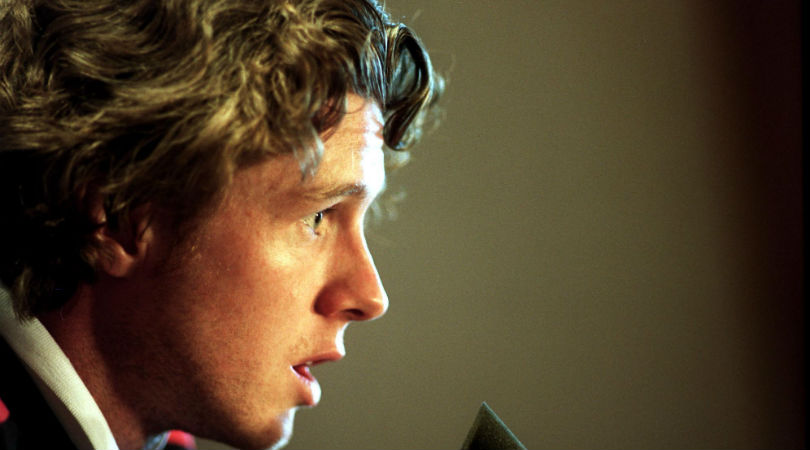
2002 - Steve McManaman
The word 'metatarsal' first entered the collective lexicon ahead of the 2002 World Cup, with David Beckham's foot injury causing the entire nation concern. The Manchester United man won his battle to be fit in time for Japan and South Korea, but McManaman was one of those who didn't feature in Asia's first World Cup.
As manager Sven-Goran Eriksson fretted over the fitness of Beckham, Kieron Dyer, Steven Gerrard and Danny Murphy, Real Madrid's McManaman was puzzlingly left at home to polish his two Champions League winner's medals.
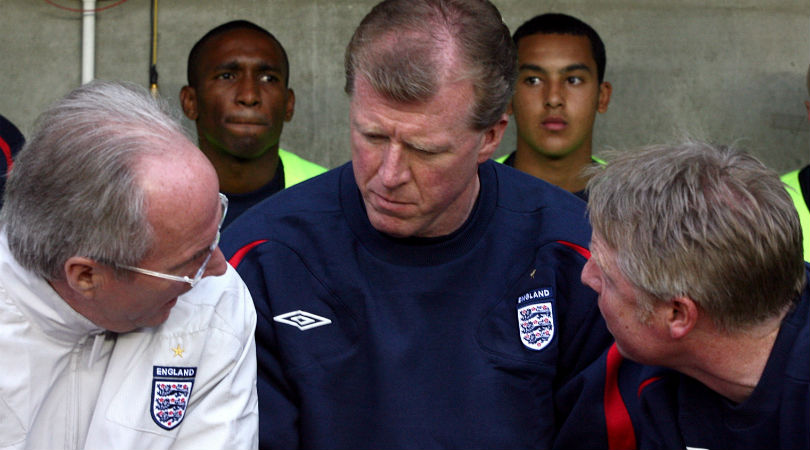
2006 - Jermain Defoe
Sven-Goran Eriksson's 23-man squad for the 2006 World Cup contained no fewer than four players who had never started a game for England: Aaron Lennon, Stewart Downing, Rob Green and 17-year-old Theo Walcott, who hadn't even played a top flight match.
Defoe was one of the victims of Eriksson's promotion of youth, with Andrew Johnson, Luke Young and Nigel Reo-Coker also overlooked. The former had every reason to feel hard done by, although he did only score nine goals for club side Tottenham in 2005/06.
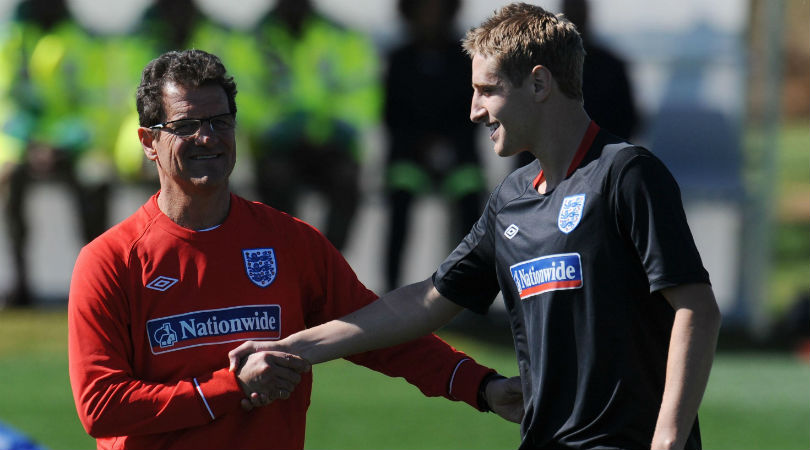
2010 - Michael Dawson
Fabio Capello selected England’s oldest ever World Cup squad for South Africa 2010 - and it showed as the Three Lions were thrashed by a spritely Germany side in the round of 16.
It could have been worse, though, for Capello's squad was a touch younger than intended. His 30-man provisional group included 26-year-old defender Dawson, who was originally cut before being handed a reprieve when Rio Ferdinand, 31, injured his knee in training.
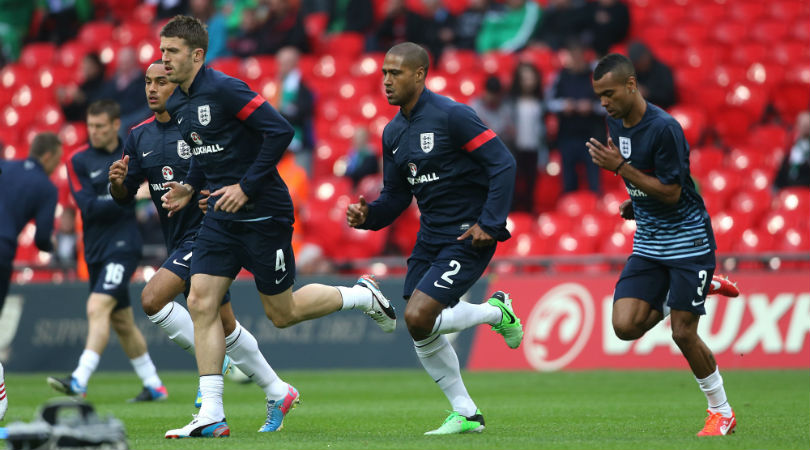
2014 - Ashley Cole
Following the failure of Dad’s Army in 2010, Fabio Capello’s successor Roy Hodgson assembled the second youngest World Cup squad of all time four years later, with an average age of just 26.
Experienced left-back Cole was surprisingly left out of the provisional 30-man group, with Hodgson preferring Leighton Baines and a teenage Luke Shaw. The Chelsea defender promptly retired from the international game.
